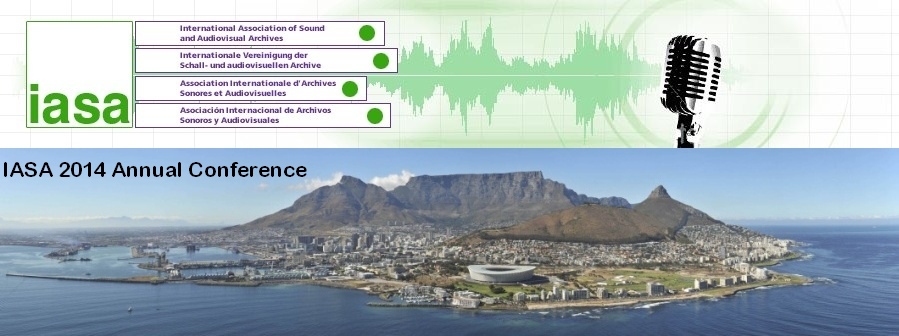In an unprecedented turn of luck, Statens Musikverk - Music Development and Heritage Sweden (a state financed institution) was able to secure funding for a project involving foreign music archives. Since the funding came from the state, rules dictated that the money needed an outside project owner, and so we at Folkmusikens hus, and I, became involved.
The archive in question is the audiovisual archive of the National Centre for Arts and Culture (NCAC), in the capital of Gambia, Banjul. They started collecting in earnest in the mid 1960's with a focus on folklore, customs, music and storytelling. This goes well in hand with the fact that Gambia has little in the way of written history, but is very rich in storytelling. What the storytellers are telling is, in fact, the history.
Today the archive holds over 4,000 tapes, mainly on cassette, but kept in unsuitable storage, and with very little machinery for playing, much less digitizing, the recordings. The climate, with a dry, dusty season as well as a rainy season, makes proper storage a big challenge, particularly considering the frequent power outages.
Another layer of challenges is the collaborative aspect. In Sweden we have the collaboration between Folkmusikens hus and Music Development and Heritage. In addition, a British scholar, who has used the archive in his research, managed to get a grant from The British Library Endangered Archives Project for digitizing a part of the recordings. Since both the Swedes and the British were interested in setting up digitizing work-stations for audio only, the NCAC also set up collaborations with local service providers to get their video digitized. To publicize these collaborations, it was also decided to release a compilation CD with material from the archive, most of the work being done in The Gambia.
My paper will outline how we decided to tackle these challenges, and what unexpected outcomes we have experienced, so far. The project has lifted off the ground, but there is still a long way to fly.
